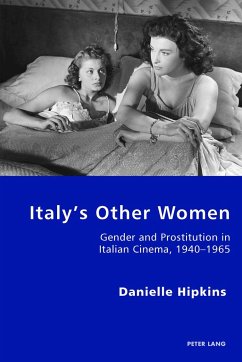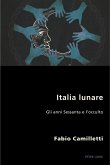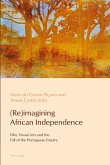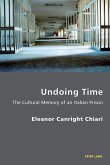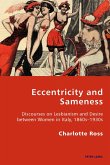In the period 1940 to 1965 the female prostitute featured in at least ten per cent of all Italian-made films, but she cast her shadow over many more. With reference to the changing social and film industrial context, this book explains why the figure of the female prostitute was so prevalent in Italian cinema of this period and offers a new account of her on-screen presence. It shows that the prostitutes that populate Italian cinema are much more than simply 'tarts with hearts' or martyr figures. Via the constant reworking of the prostitute trope across genres, the figure takes us to the heart of many ideological contradictions in postwar Italian cinema and society: these include the entanglement of rhetoric about political truth with the suppression of postwar guilt and shame, fears about racial contamination, and a preoccupation with non-normative forms of masculine behaviour and desire. The book also shows how the female prostitute is important to Italian national cinema as a 'borderline identity', used to establish, but also destabilize, the hegemony of respectable femininities. It is precisely through her borderline condition, this book argues, that the prostitute 'haunts' gender, sometimes policing it, but more often than not problematizing its very construction.
«[...] Hipkins' book is an informative analysis of a less studied aspect of Italian film productions in the twenty years following World War II that will be very helpful to scholars looking to explore the development of Italy as a capitalist country.»
(Gloria Pastorino, gender/sexuality/italy 4/2017)
(Gloria Pastorino, gender/sexuality/italy 4/2017)

